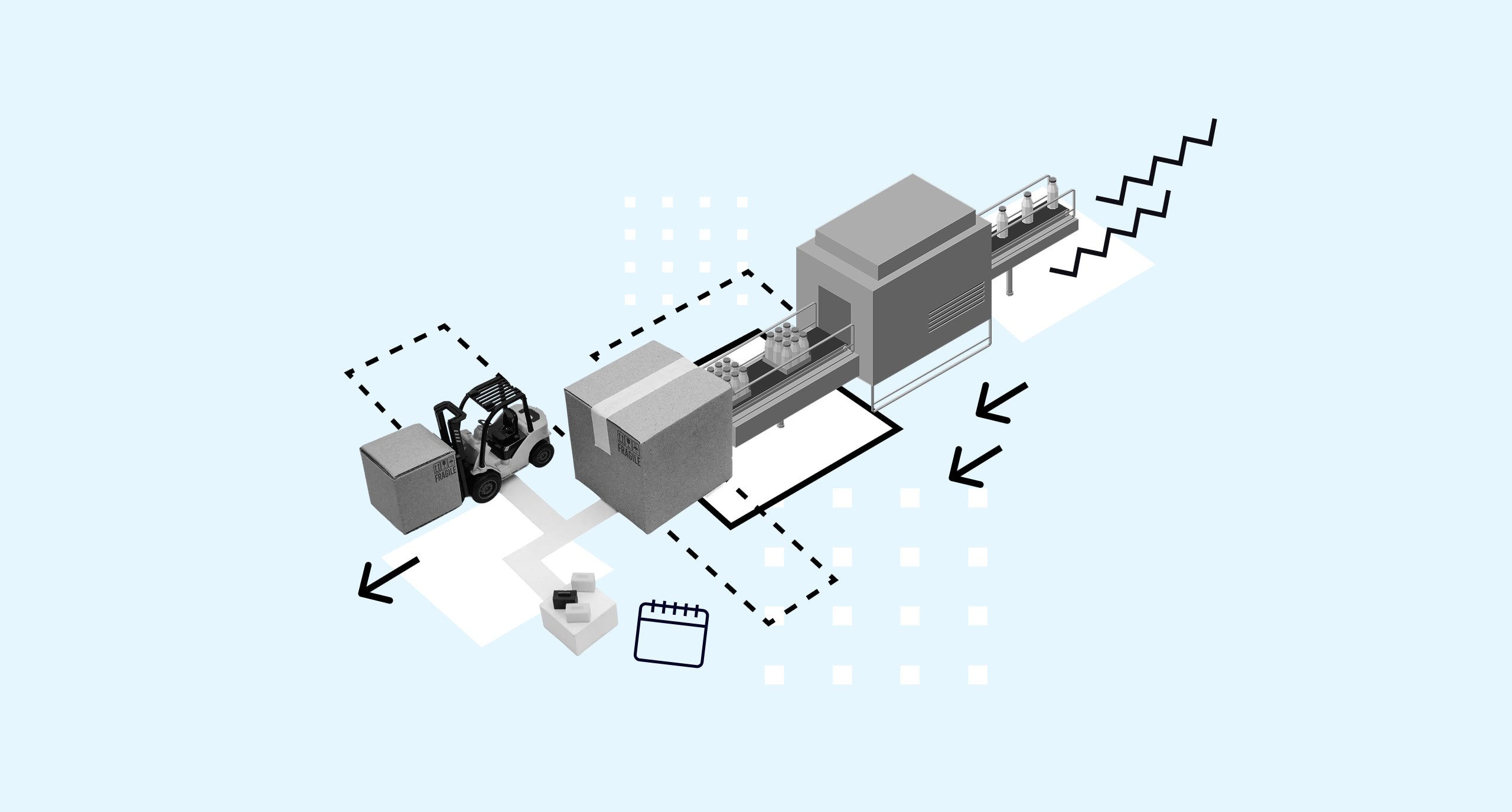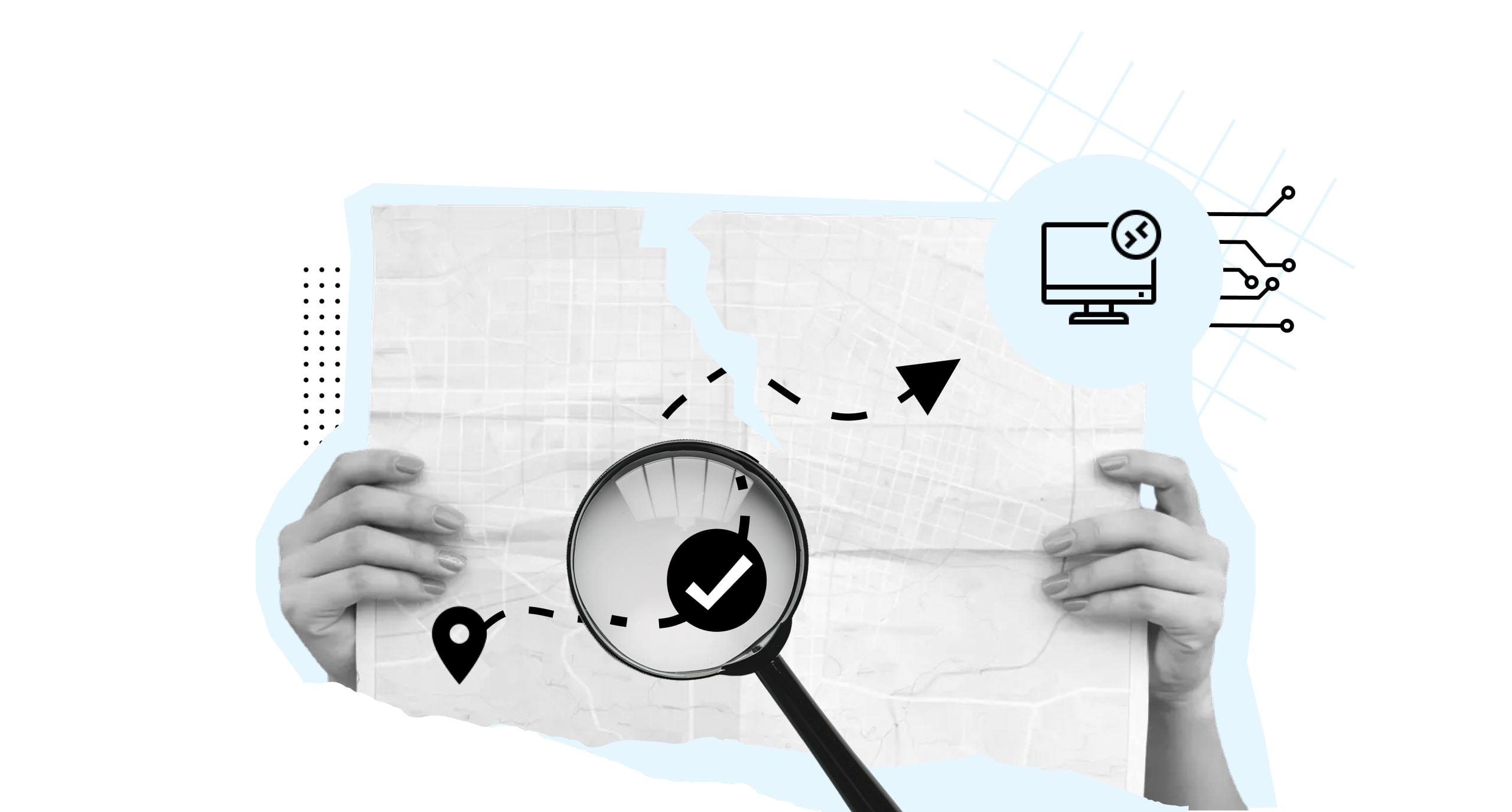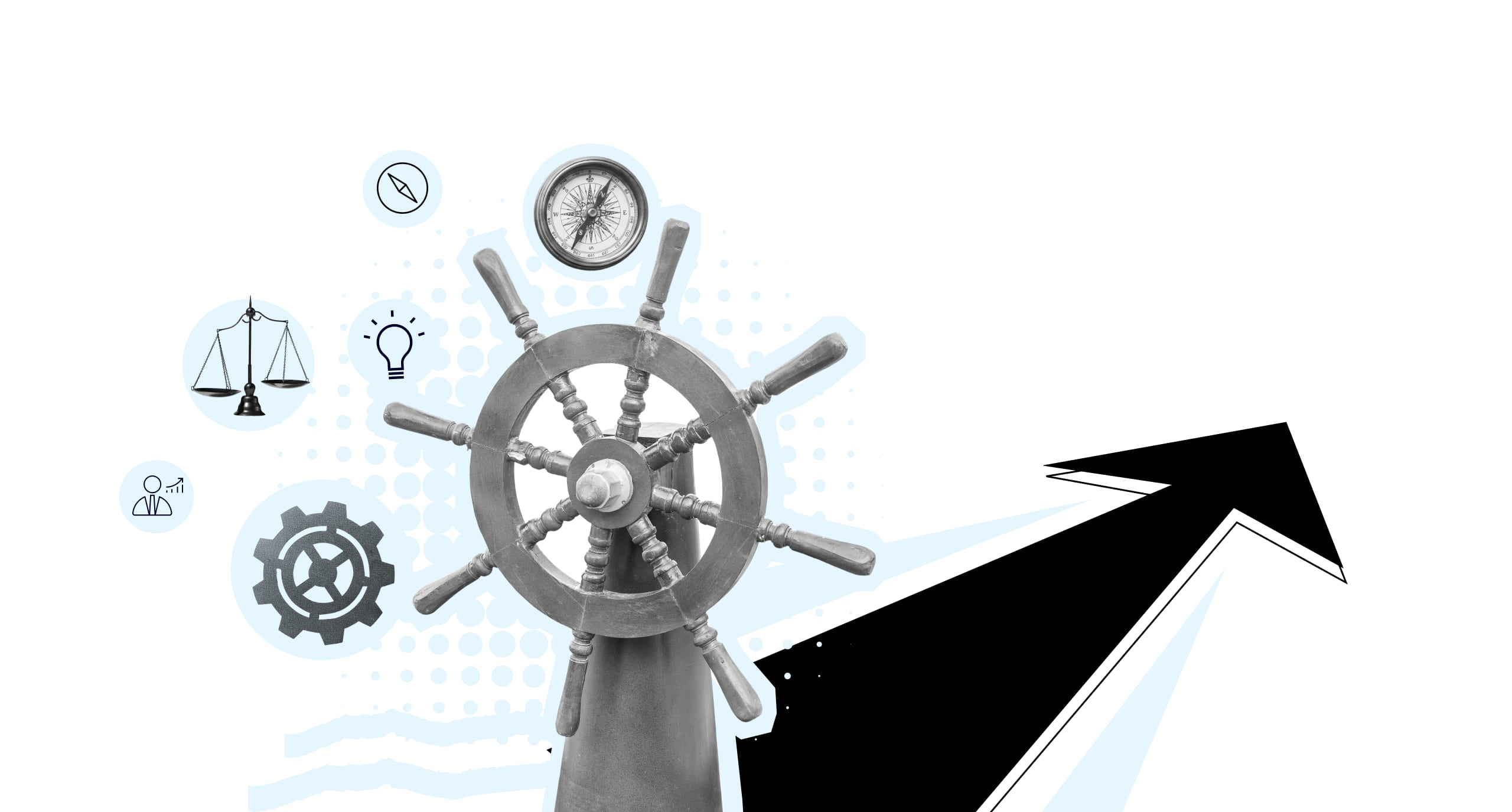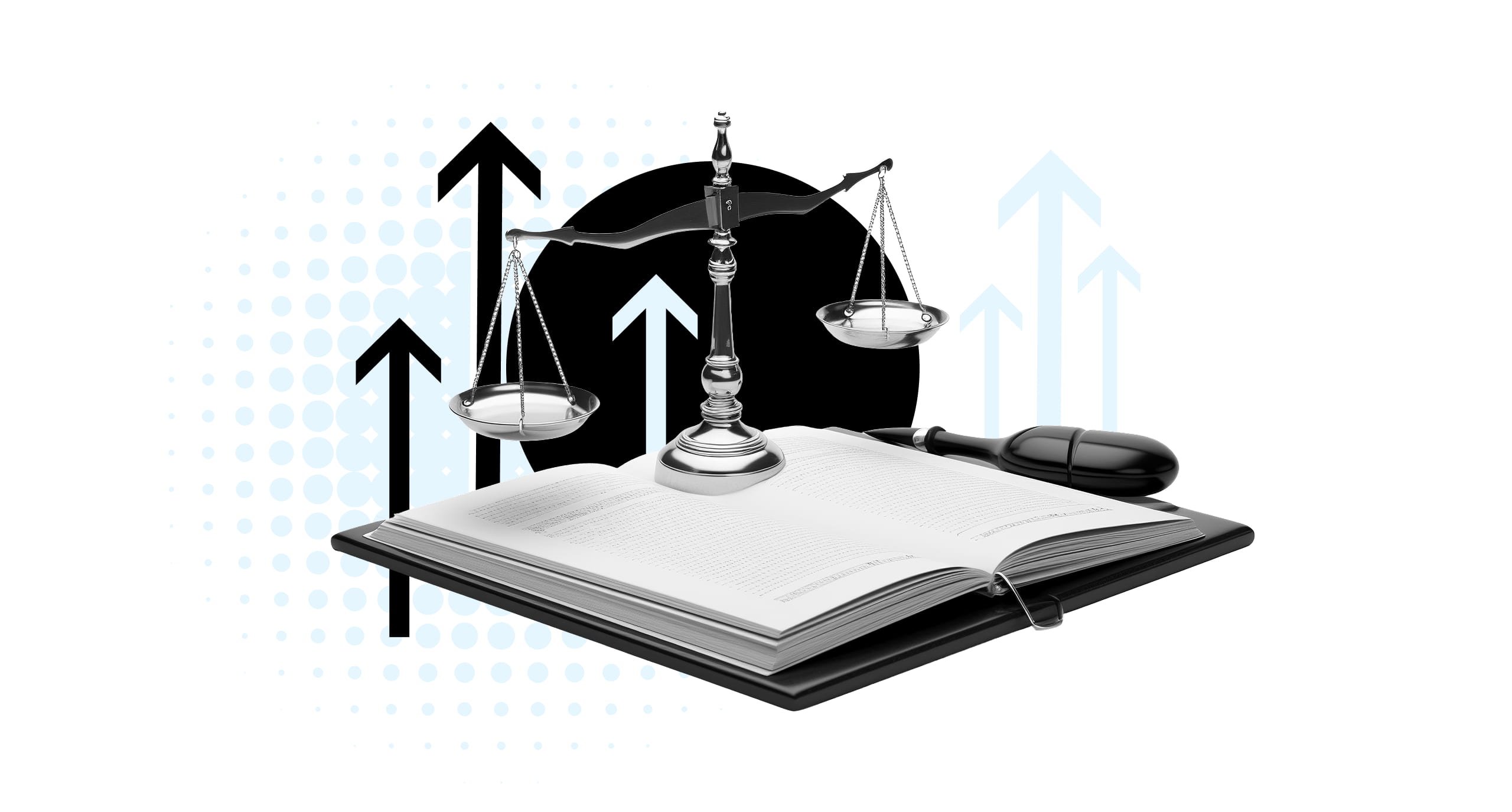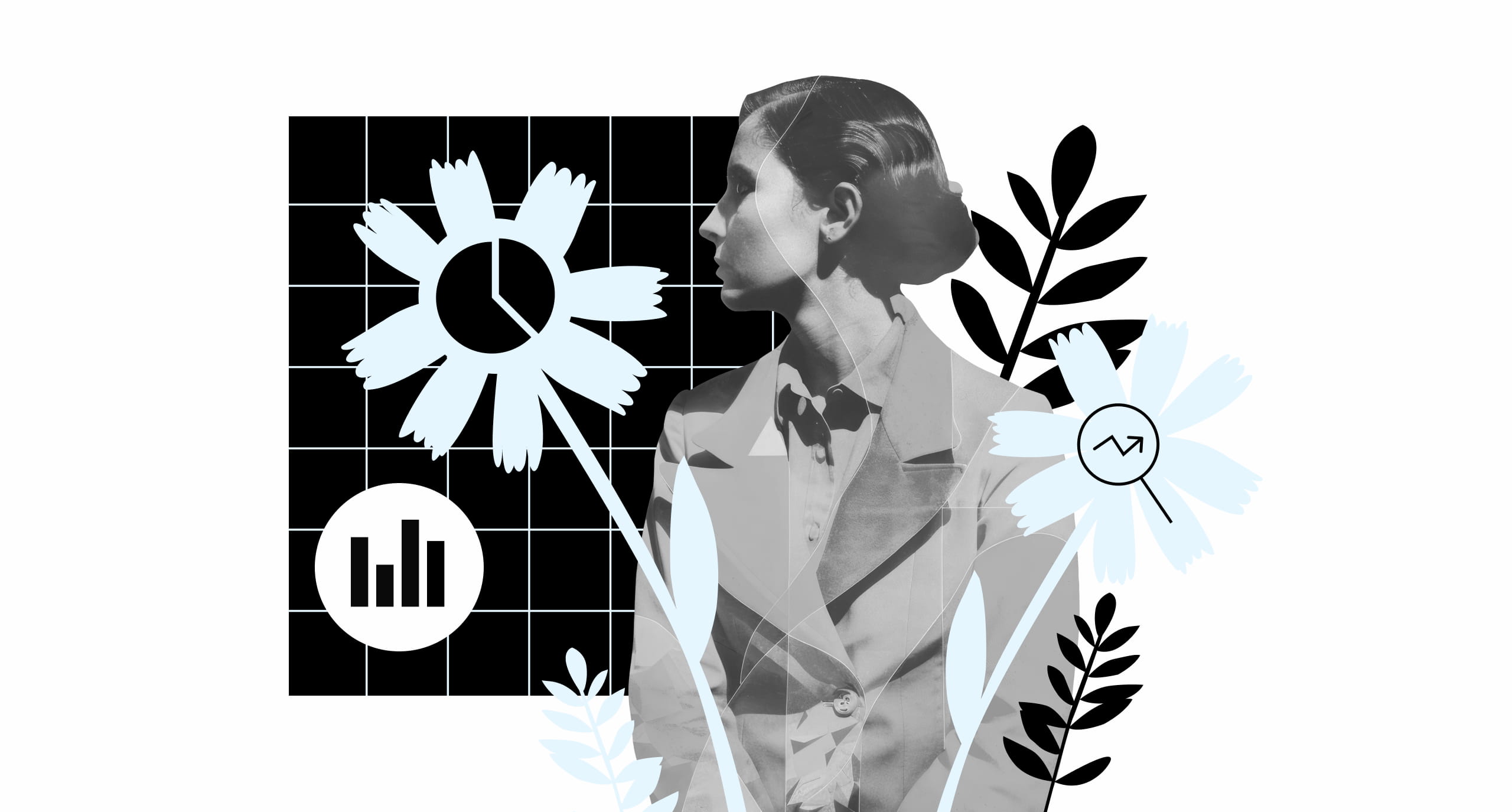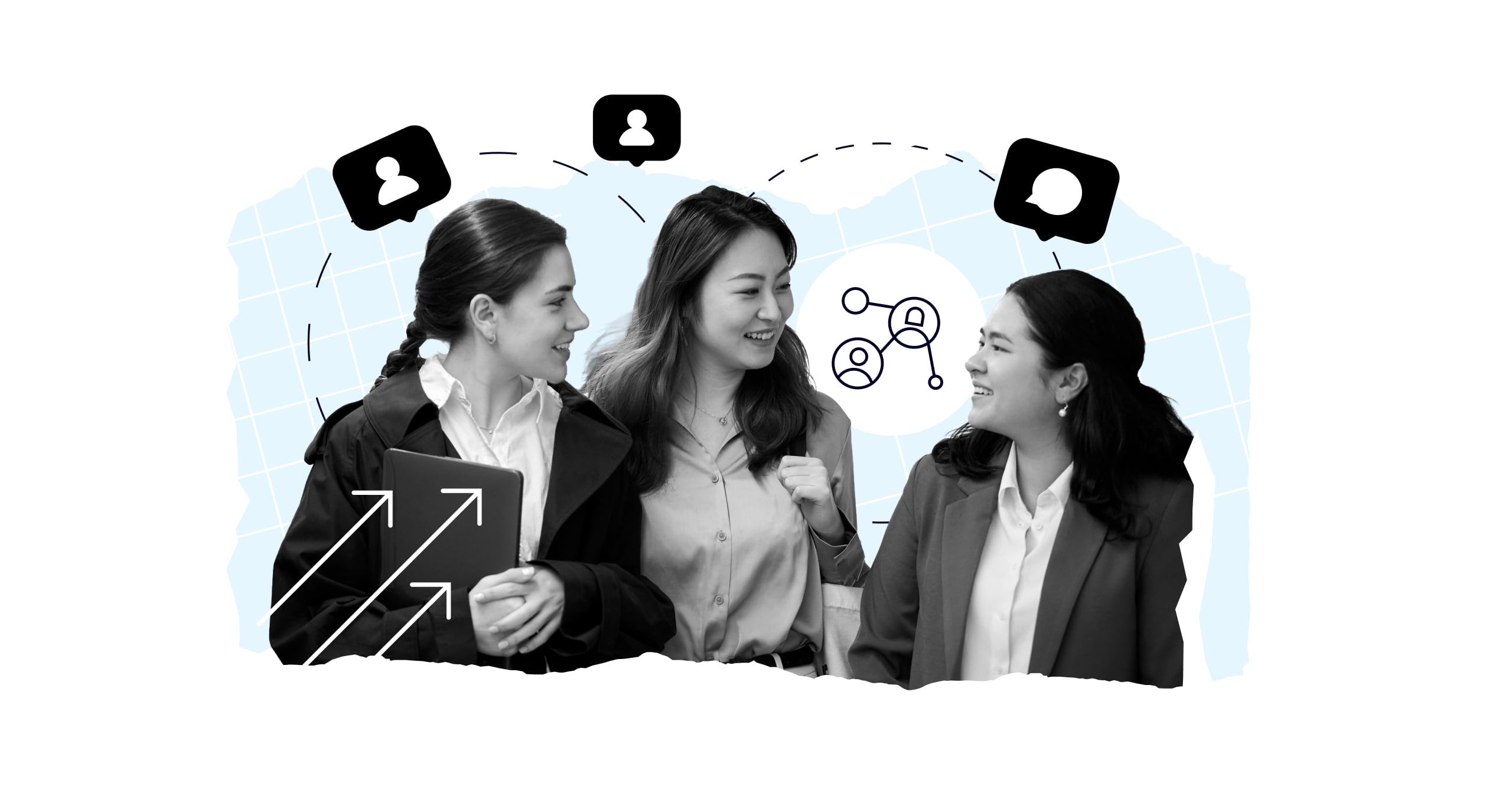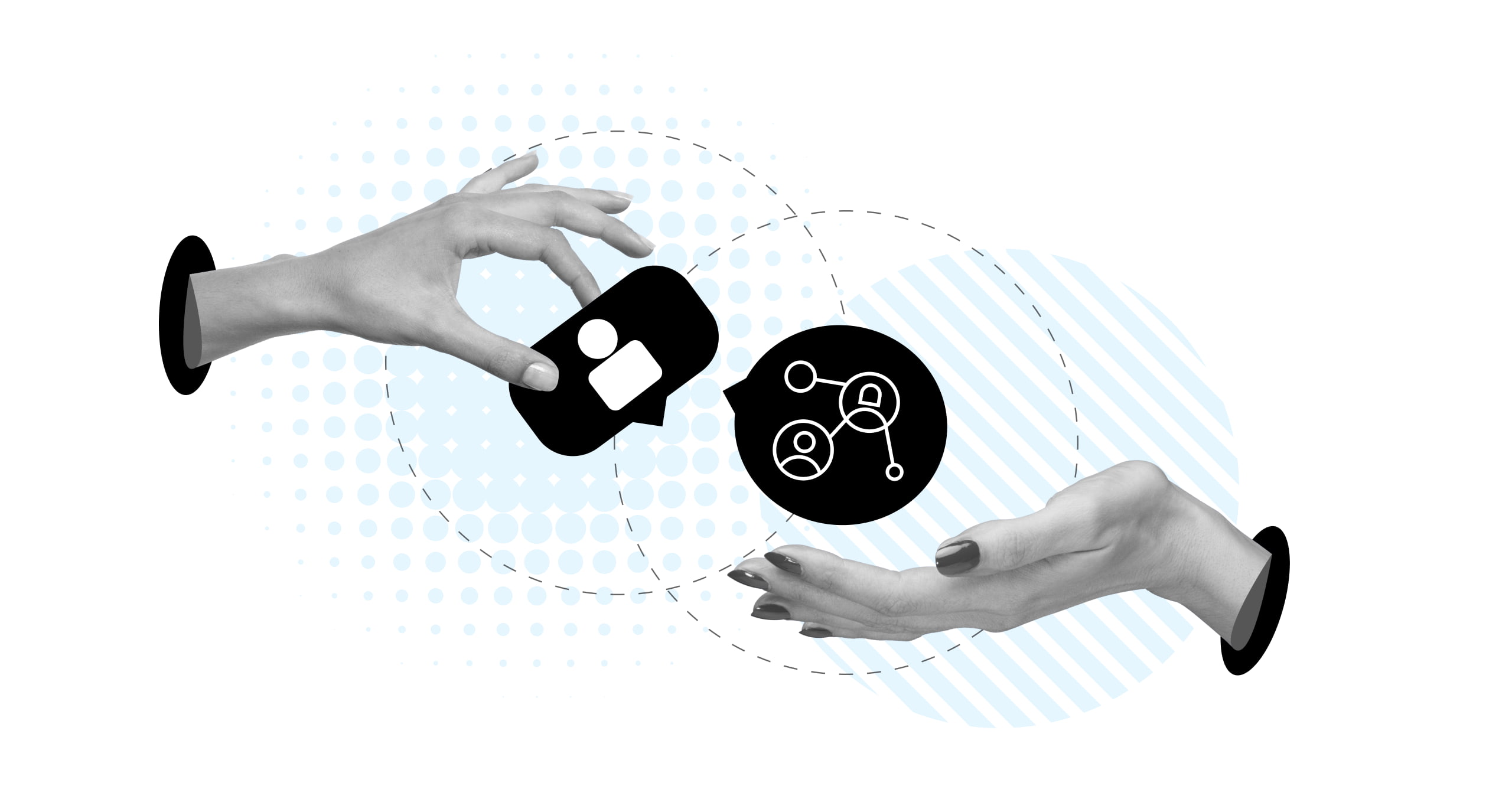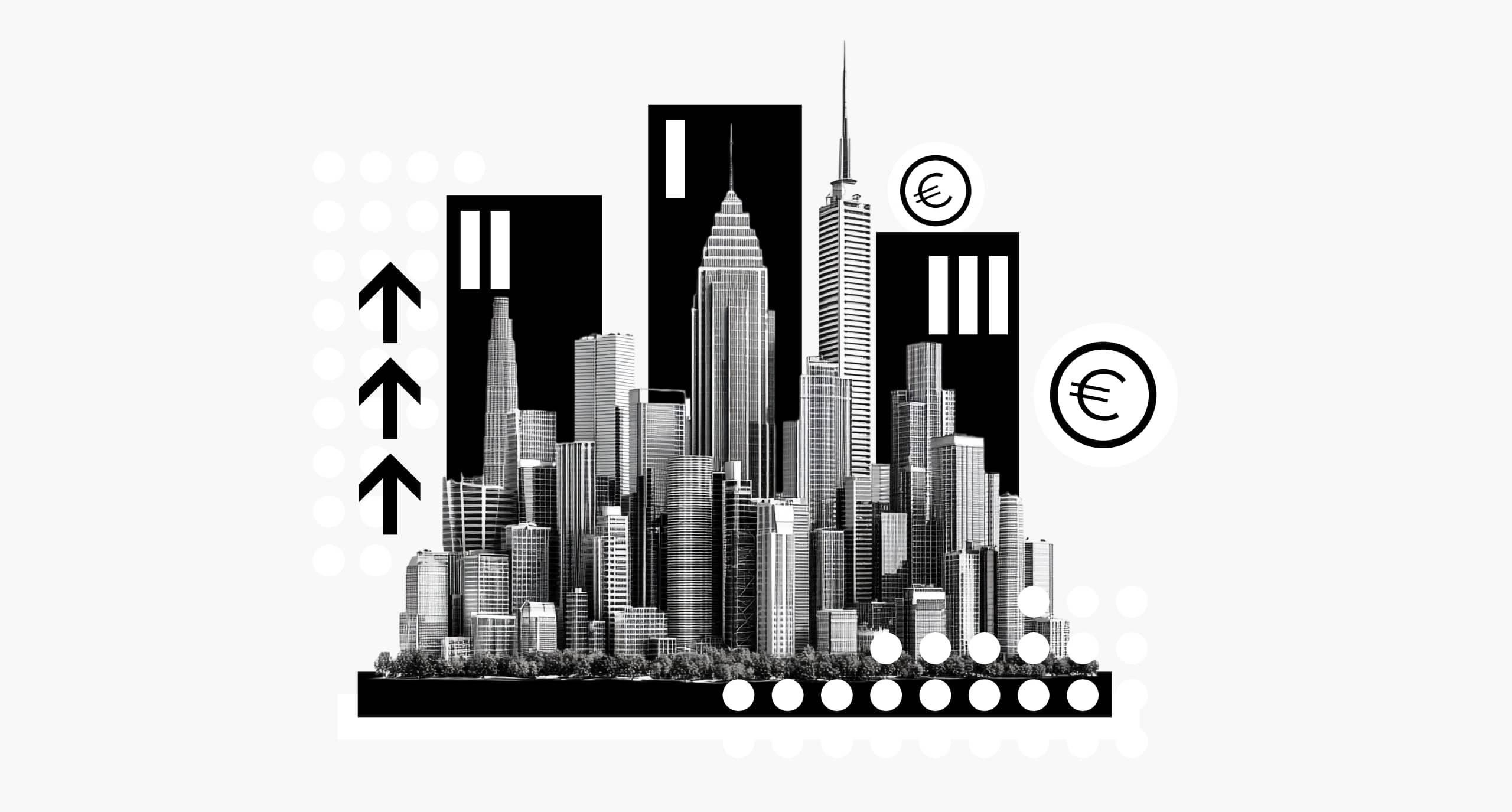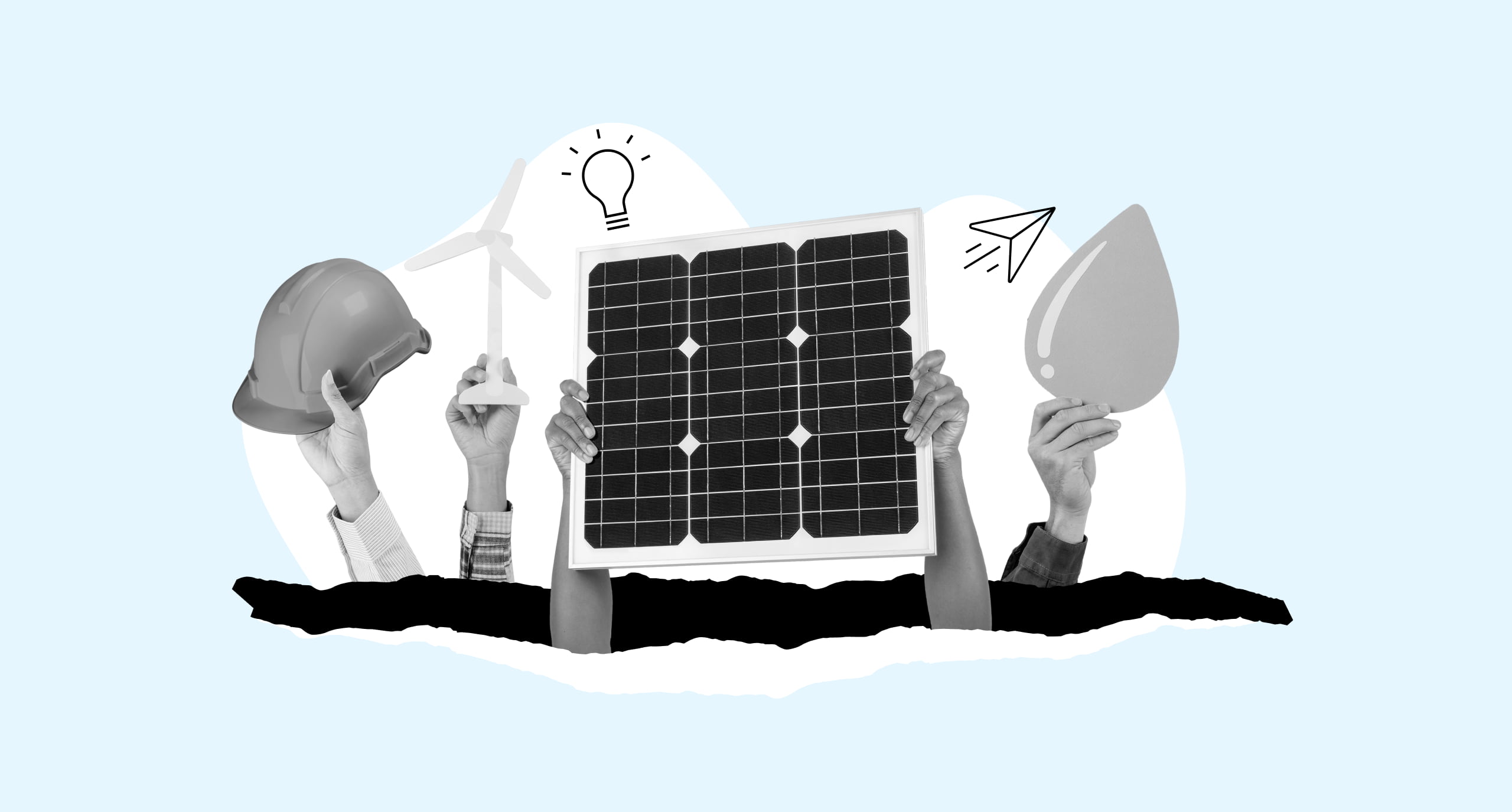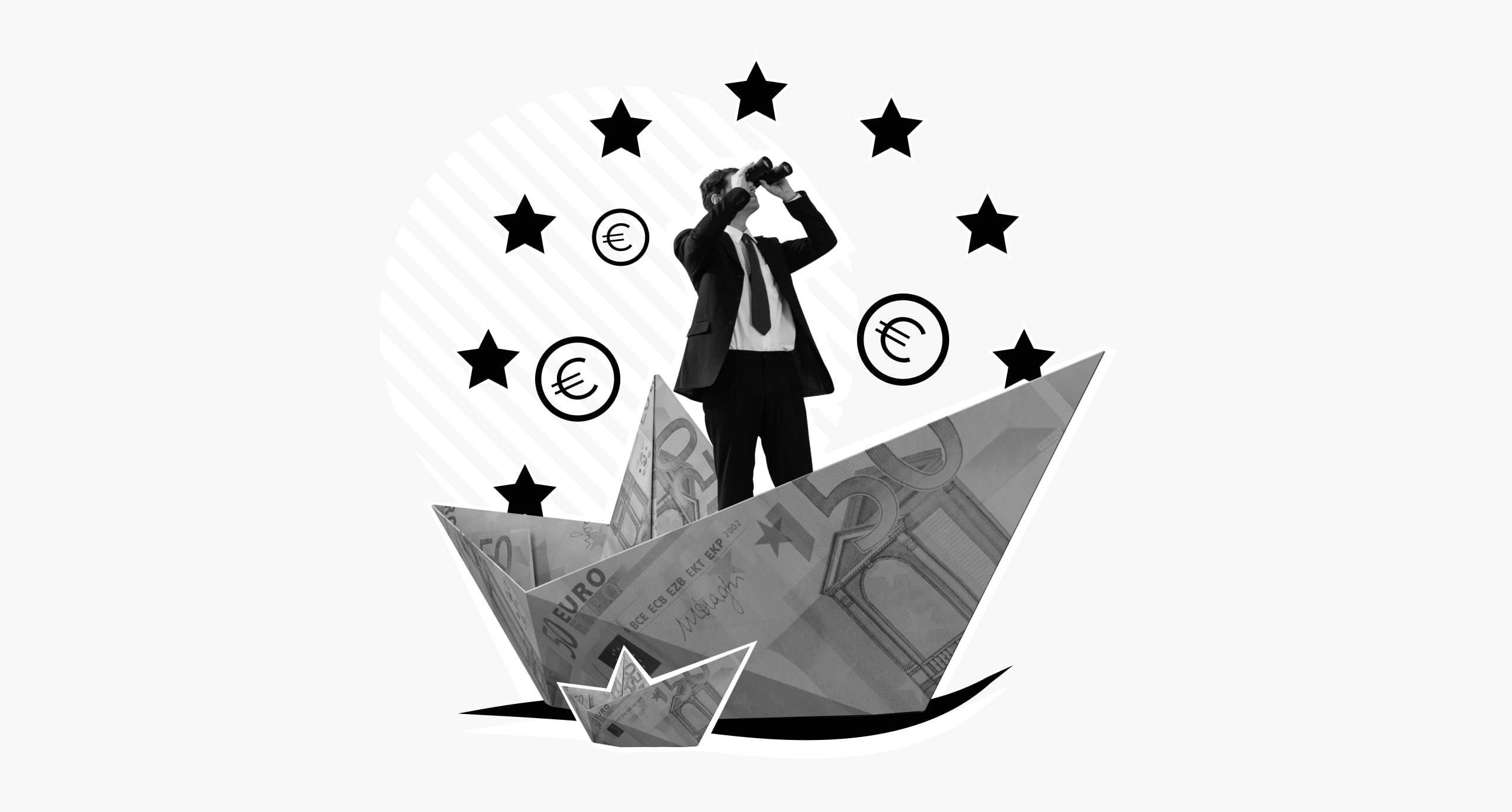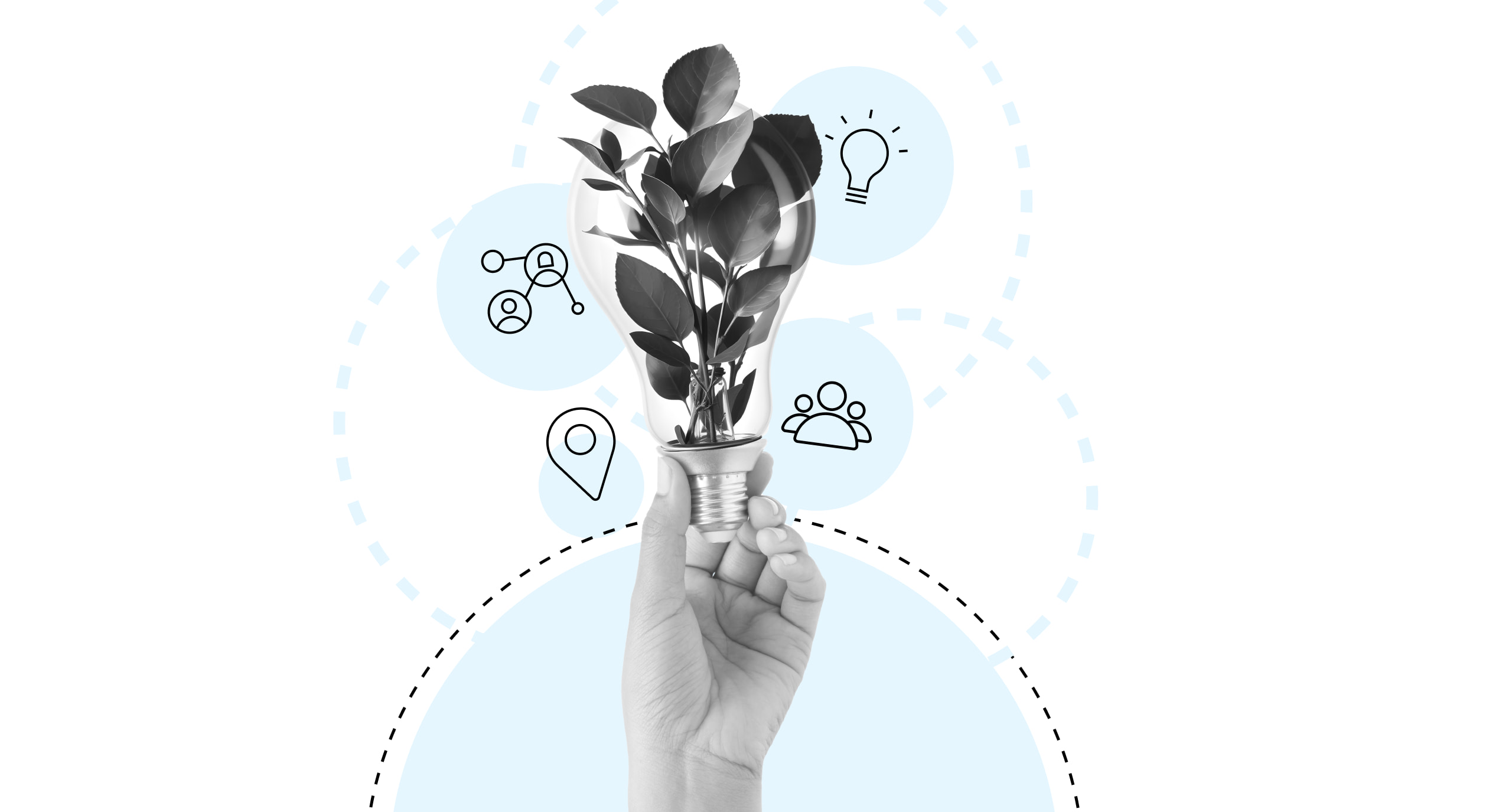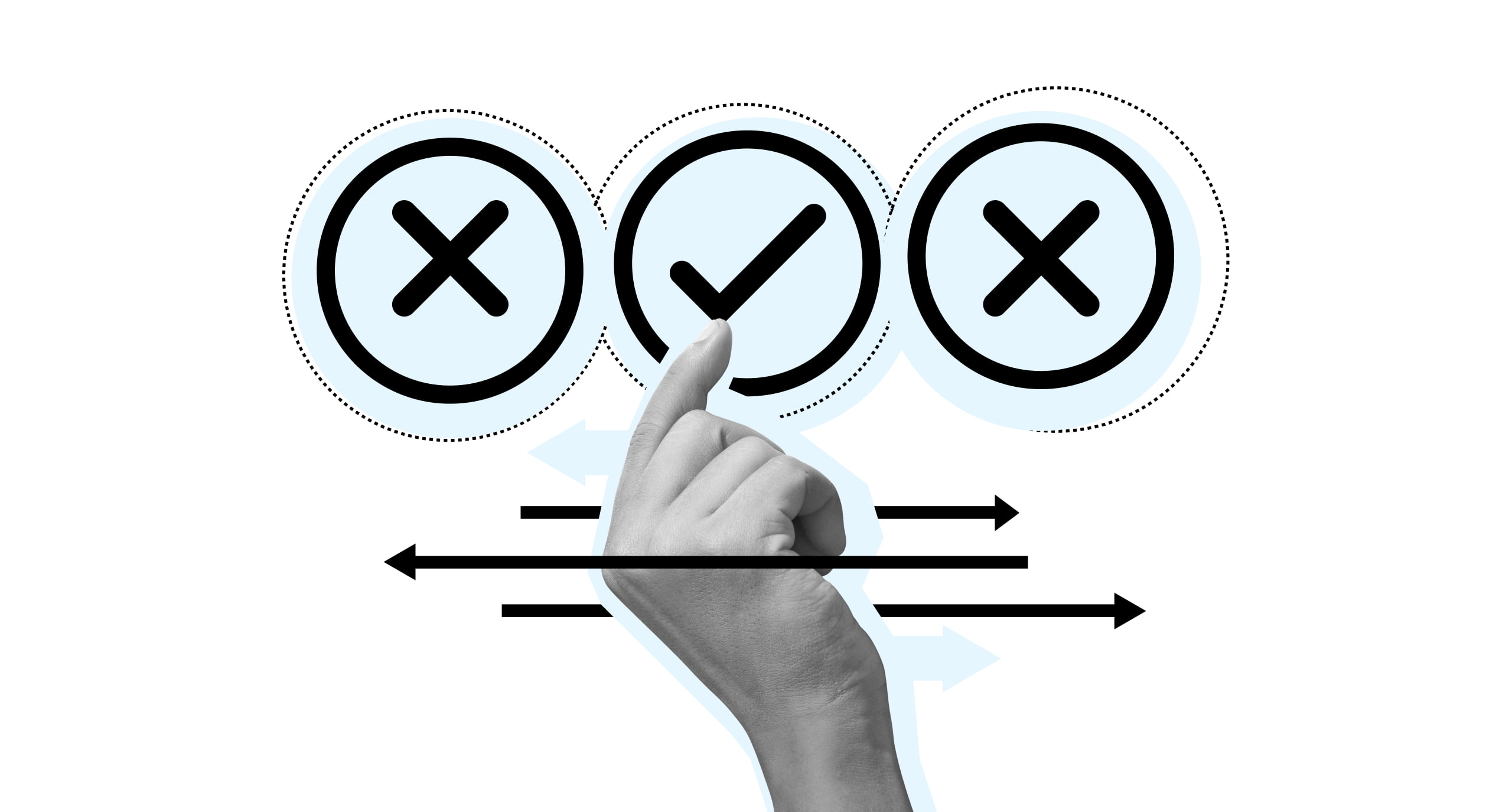No, you’re not alone. Everyone feels a little bit scared of what Frankenstein-esque impacts all these new technologies will bring with them. Watch the success of Black Mirror—fantastic, by the way—and it’s clear that tech-based horror stories have become all the rage. But what about tech for good? What about that silver lining?
Though your television sets will tell you otherwise, companies aren’t just using technology to overcome business challenges with digital solutions. They’re finding ways to harness technology for social good and positively impact the planet. So, let’s zoom in on some of the ways humanity’s using technology for good causes, and also explore how leadership can adapt through changing times.
What does “Tech for Good” truly mean, and how does it drive positive change globally?
First things first, we didn’t invent the term “Tech for Good”. It’s a concept that gained traction back in 2006, whereby Paul Miller launched a series of hack weekends that brought together developers and creatives to solve real-world problems. That grassroots event has since snowballed into a global movement.
Tech for good revolves around technology’s ability to improve fields like climate change and social inequality. The movement still involves hackathons, along with plenty of meetups and communities around the world.
How can information technology be used for social good?
What’s a movement without clear-cut examples? You ask, you receive. Here are some of the best ways companies are using information technology for social good in the digital age.
1. Humanitarian aid
Tech is having big impacts on crisis situations. Relief efforts are faster and more effective than ever before through. Drones and satellite mapping offer rapid assessments after disasters, much like that of the 2015 Nepal earthquakes.We’re also seeing Blockchain initiatives like the World Food Programme’s Building Blocks improving transparency around humanitarian aid reaching refugees. And AI-powered early warning systems are now adept at predicting natural disasters.
2. Healthcare
Telemedicine platforms like Teladoc are now offering remote consultations, which is a huge benefit for those in underserved areas. We also have wearable devices like the FreeStyle Libre 3 glucose monitor and biosensor patches help track vital signs and support early diagnosis. And, of course, widely-used apps like Headspace and MyFitnessPal are encouraging healthier habits on a broad scale.
3. Education
Microsoft’s digital classrooms are making quality, free edcuation accessible from anywhere. And India’s Atal Tinkering Labs are even giving students hands-on experience in STEM. Code.org is another great source for online learning, with classes on coding.
4. Digital inclusion
Initiatives like Digital India have brought e-governance to rural communities. And Common Service Centers (CSCs) are delivering a range of digital services, like healthcare, education and finance, to remote villages. With the most exciting technologies taking up headlines, we often overlook the importance of providing widespread access to these tools. In being more inclusive with access, we level the playing field and ensure technology for good is having the biggest impact possible.
What are the key strategies for managing digital governance issues, challenges and solutions within “Tech for Good” initiatives?
“Tech for Good” is the right way to think. But it would be naive to dismiss the challenges. The most pressing of all, at the time of writing, is data governance. With the introduction of GDPR and other compliance measures, it’s high time we established strategies that keep everything in order.
It comes down to three principles: efficiency, accountability and inclusion. And they need to apply to organizations across the public and private sectors. Strategies should focus on building strong internal capacities for managing data and risk, while encouraging stakeholder collaboration. Performance around data compliance should be public, with KPIs that reflect public value.
Organizations also need a citizen-centric strategy to tackle digital exclusion. That means including public feedback on legislation, incorporating them as governance partners rather than mere recipients.
Looking ahead, a future-oriented strategic approach is essential for leveraging emerging technologies to enhance public service.

Those working in governance will, more than ever, need a keen eye for digital trends in big data, Artificial Intelligence, cyber-infrastructure and personalized digital services. By integrating these tools effectively, governments can deliver tailored services and stay competitive in a global economy.
How do we achieve sustainable development through science and technology?
Looking ahead, any efforts towards SDGs are going to depend on using technology for good. Initiatives like the Naryn Urban Resilience Project in Kyrgyzstan and technology-driven programs in Tanzania and Peru are proof of technology’s power in global governance. We can achieve more with an ongoing integration of local knowledge, data-driven solutions and science-policy collaboration.
But this means having leadership that understands innovation. Policy-makers will need to understand how technology works in the sphere of governance and global affairs. Which is why programs like the Master in Technology & Global Affairs are going to become more and more necessary. By connecting political science with cutting-edge technologies, the program empowers students to address emerging global challenges. And students will do so with the help of institutions like GESDA, Google and the UN’s ITU.
We love Tech for Good! But we need leaders who understand all the challenges ahead. Follow the link below to find out more about the Master in Technology & Global Affairs, and start shaping a sustainable, equitable future.
Help lead the change in tech for good
Reimagine your career with the Master in Technology & Global Affairs.

Benjamin is the editor of Uncover IE. His writing is featured in the LAMDA Verse and Prose Anthology Vol. 19, The Primer and Moonflake Press. Benjamin provided translation for “FalseStuff: La Muerte de las Musas”, winner of Best Theatre Show at the Max Awards 2024.
Benjamin was shortlisted for the Bristol Old Vic Open Sessions 2016 and the Alpine Fellowship Writing Prize 2023.

